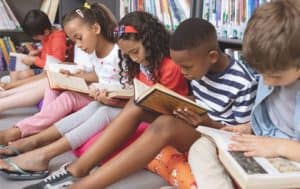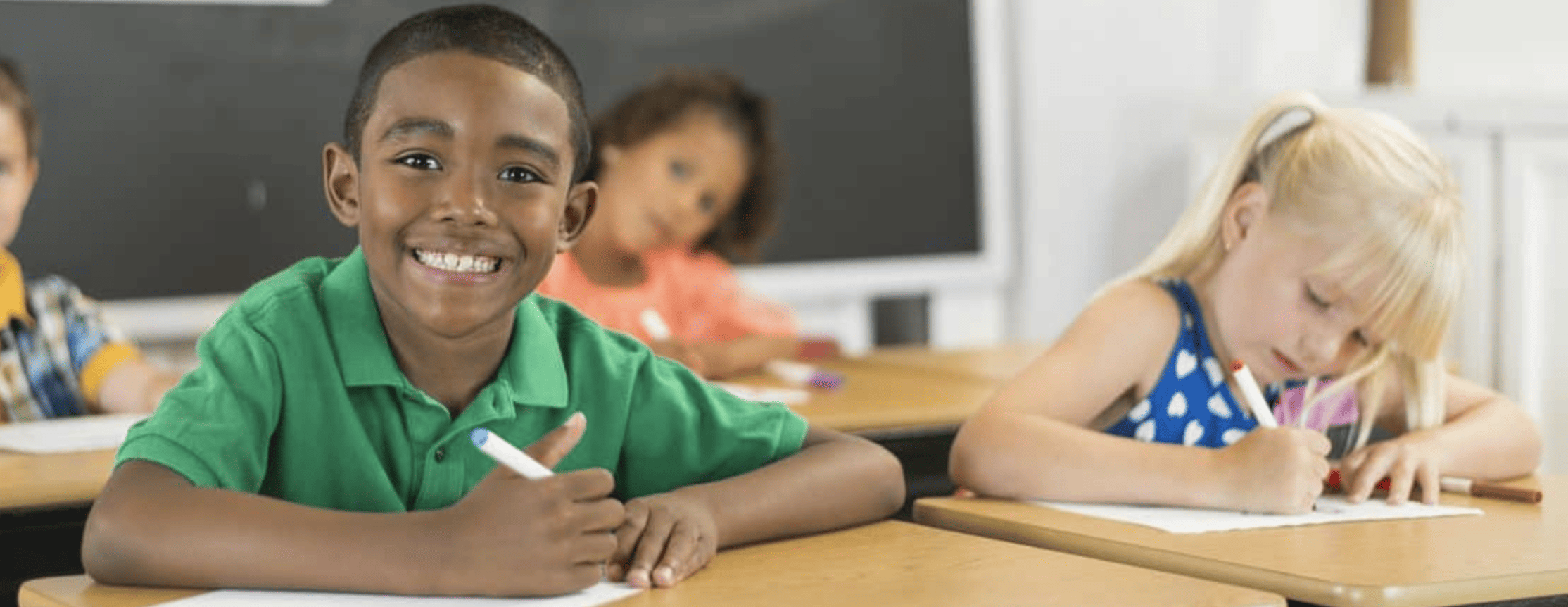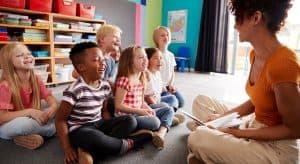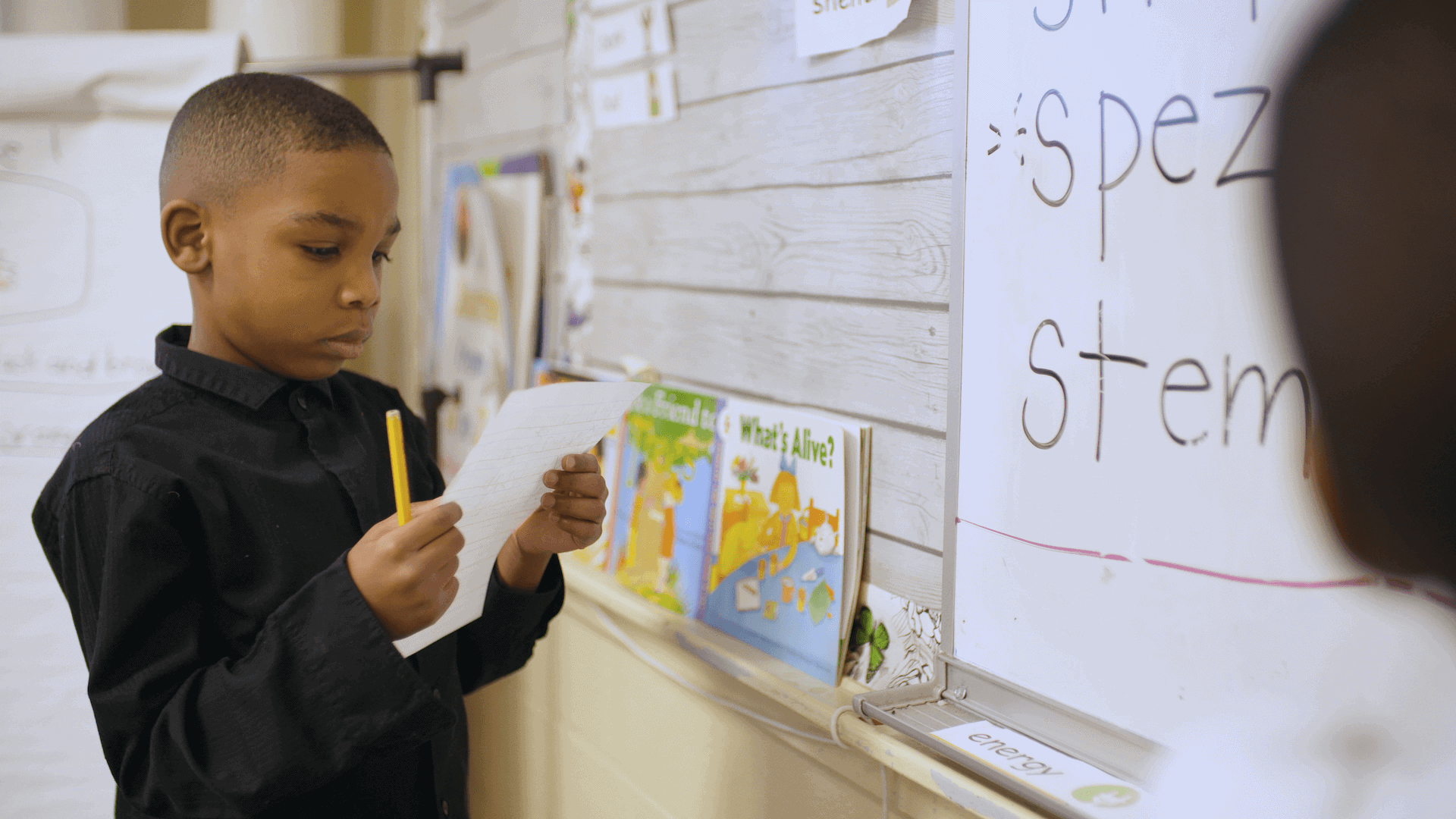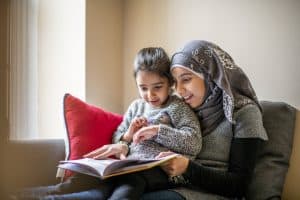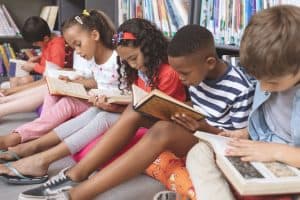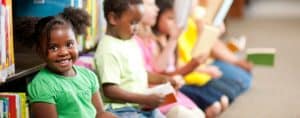
How to Improve Reading Comprehension in Early Ed
Read on to examine the key building blocks for reading comprehension. Then, learn several practical and research-based strategies to help students in your school build reading comprehension skills—with two free books and accompanying resources available in English and Spanish! What is Reading Comprehension? Reading comprehension refers to the ability to

